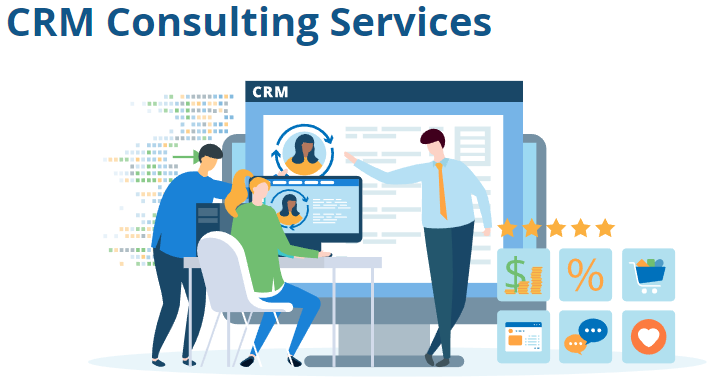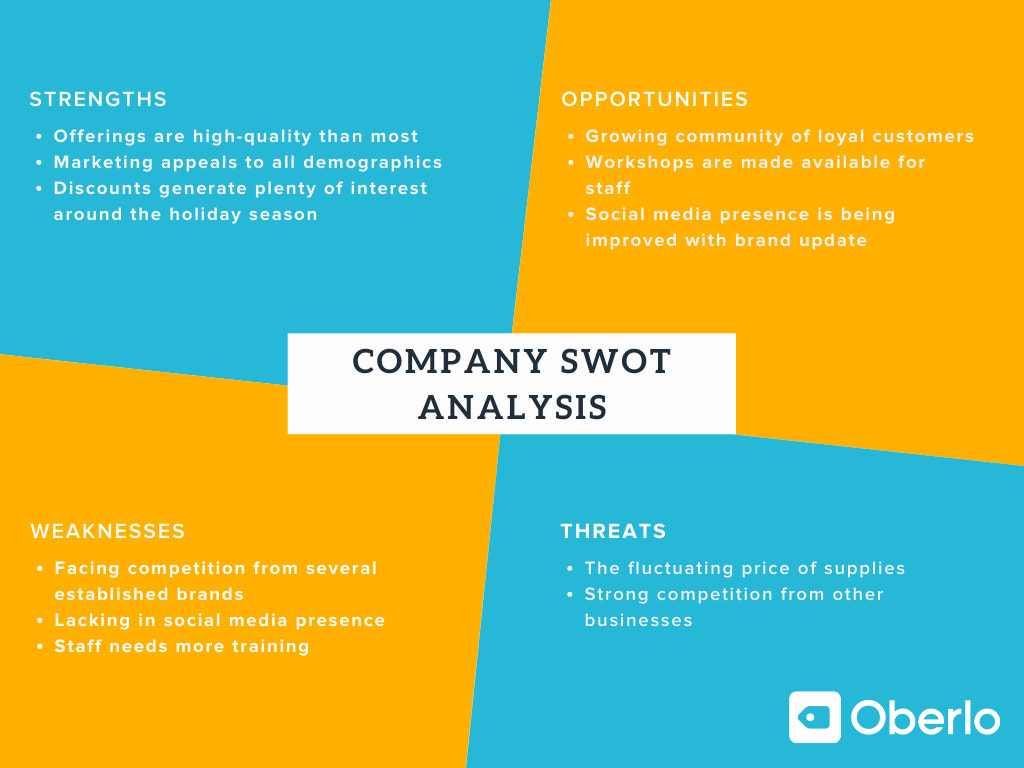
An Educational Consultant's job is very similar to that of a school counselor except that it is self-employed. Educational consultants are often self-employed but can also be employed by schools or consulting companies. For this position, you will need to have the appropriate education and work experience. Continue reading to find out more about the field and its responsibilities. This article includes information about the job outlook and salary of an Educational consultant.
Outlook on the job
An educational consultant may work in many different settings. Many consultants are well-versed on the current education landscape. They might have experience as school governors, or volunteering in schools. Consultants might work for companies or government agencies. They may also be self-employed. Educational consulting positions are available with international agencies and specialisation organisations. Consultants are often given a broad range of responsibilities that include providing advice and guidance to clients.
The BLS projects that the demand for education consultants will rise through 2028. This is despite the positive outlook for their job prospects. The state and local budgets will determine the growth. In the future, schools districts and postsecondary colleges will be held responsible to student achievement data and graduation rates. Education consultants will be sought by many districts and schools to offer guidance on technology and curriculum. Although the job does not guarantee immediate employment, many individuals in this field enjoy a high level of autonomy and can work when they wish.

Salary
Education consultants can make a very high salary, but this does not mean that they will get a huge raise. Education consultants often work for small companies or as freelancers. They are employed by schools and other educational institutions directly. These professionals must have education-related experience, and follow a professional dress code. This requires that these professionals are knowledgeable in a wide variety of topics and are open to discussing clients' concerns. They must be able to communicate their ideas and reference education theory when required.
The salary for educational consultants varies greatly, and if you are looking to be a part of a hotfield, your salary may reflect this. Like all consulting jobs, the salary level will vary based on location, experience, reputation, and other factors. People with strong reputations are likely to be well-paid, while those with less fame may get lower salaries. In any case, the amount of money you earn depends on your experience and the quality of your work.
Education Required
A certificate in educational consulting may help you transition from high school to college. Consultants may help individuals apply for financial aid as well as apply to college. Consultants may be employed by a school district or college. They usually have teaching experience and may also be qualified to do a master's in educational consulting if they are interested in specialization. They should be familiar with the application testing process, assessment of teaching, and career planning.
An educational consultant may be a high-school teacher, a college graduate or a postsecondary education student. Many consult with college-bound students and students with special needs. Others work with entire schools and school districts. Some consultants are highly skilled. There are many options for educational consulting, each with its own requirements and education. A majority of consultants possess a bachelor's level degree. The following are the educational consulting job requirements:

Career path
The demand for education consultants continues to grow, and according to the Bureau of Labor Statistics (BLS), the profession is projected to increase by six percent over the next eight years. The growth is likely to be dependent on state and local government budgets, as schools and districts are expected to face increasing pressure to raise test scores and graduation rates, and to improve student achievement data. Schools and districts are now looking to outside consultants for help in implementing new technology and curriculum. While there is not immediate job security, education consulting has a bright future for those who have a passion for it.
Three career options can be described by the title of educational consultant. While some use the term to denote state employees and government agencies, others refer to independent professionals who work for private firms. These individuals are often known as educational planners, educators, or educational consultants. The term is used to refer to individuals with specific education backgrounds. Education consultants tend to be educators. However, some are specialists in certain areas. Here are some suggestions to help you decide which career path to take.
FAQ
Do I need to pay tax on consulting income?
Yes. You will have to pay taxes on your consulting profits. It depends on how much income you make per year.
If you're self-employed, you can claim expenses on top of your salary, including rent, childcare, and food.
But, interest payments on loans, vehicle and equipment depreciation will not be allowed to be deducted.
You cannot claim back less than PS10,000 in a given year.
However, even if your earnings exceed this threshold you may still be subject to tax depending on whether or not you are a contractor or an employee.
The PAYE tax for employees and the VAT tax for contractors is generally paid as you earn.
What happens when the consultant is done?
After the consultant has completed the work, they will submit a final document detailing the results. This report details the project timeline, deliverables, as well any other pertinent information.
After that, you'll go through the report and decide if it meets your expectations. If the report does not meet your expectations, you have two options: to request changes or to terminate the contract.
What is the average price you should charge for a consulting job?
It all depends on the service you offer. It doesn't matter if you offer services at no cost. But if your services or products are for sale, you will need to establish prices that reflect their value.
You don't have any products to sell if you provide low-quality services. So why would anyone pay any money for your services.
You might be able ask for a more expensive price if your services are of high quality. People recognize the value in you offering. It is possible to offer discounts to clients who order multiple packages.
Can anyone become a consultant
A consultant is someone who assists you in achieving your goals by offering advice and suggestions on how to achieve it faster, cheaper, and so forth.
A consultant may help you solve problems, make decisions, or negotiate with others.
Consultants are often hired to help with specific tasks and projects.
Actually, most consultants get paid hourly and daily rates, rather than per-project.
Can you run a business consulting from your home?
Absolutely! In fact, many consultants already do exactly this.
Many freelancers work remotely via tools such as Skype, Trello and Basecamp. Many freelancers set up their own office space to avoid missing out on company perks.
Freelancers might prefer to work in libraries or cafés, rather than traditional offices.
Some choose to work remotely because they are surrounded by their family.
Working from home comes with its own pros and cons. It's worth looking into if your job is fulfilling.
What is the cost of hiring a consultant?
It is not easy to determine how much it will cost to hire a consultant. These factors include:
-
Project size
-
Time frame
-
Scope of work
-
Fees
-
Deliverables
-
Other considerations such as experience level, location, etc.
Statistics
- Over 50% of consultants get their first consulting client through a referral from their network. (consultingsuccess.com)
- 67% of consultants start their consulting businesses after quitting their jobs, while 33% start while they're still at their jobs. (consultingsuccess.com)
- So, if you help your clients increase their sales by 33%, then use a word like “revolution” instead of “increase.” (consultingsuccess.com)
- My 10 years of experience and 6-step program have helped over 20 clients boost their sales by an average of 33% in 6 months. (consultingsuccess.com)
- "From there, I told them my rates were going up 25%, this is the new hourly rate, and every single one of them said 'done, fine.' (nerdwallet.com)
External Links
How To
How Do I Find A Good Consultant?
Finding a great consultant starts with understanding your expectations. What do you need them to do for your website? Do you need them to optimize your site so that it ranks higher in search engines' results? You might also want someone to help you determine if your hosting provider is in trouble. When you are clear about the services you require, you can start to look at other companies. Many consultants claim to be able to provide these services. However, only a handful of them actually deliver on their promises. How can you pick the right one? Here are some things to consider when picking a consultant:
-
Refer to others. This is probably the best way to choose a consultant. You don't want to hire someone you've never heard of before because you'll likely pay too much. You also don't want someone with a poor reputation to work for you. If you're lucky enough to get referrals from people you trust, then great! However, even if this is not possible, you might still be able check reviews online. Check for testimonials or case studies that show how clients have used your services.
-
Ask around. Many people aren't aware that they could benefit from hiring a consultant. People believe they don't have to make any changes because they are currently doing well. This is often false. Even if you're getting great results right now, chances are that you haven't been keeping up with new trends or technologies. Relying on outdated methods will prevent you from maximizing your potential for growth. It's always worth asking for referrals to find good consultants.
-
Check their qualifications. No matter how small your project is, it's important to ensure that the consultant you choose has the necessary skills. You need to ensure that the person you hire is qualified to do the job and has sufficient knowledge in the subject.
-
Find out about the types of projects they specialize. Although it might seem like everyone can do everything, this is not true. Certain areas may require special training or education. For example, if you need someone to build a WordPress theme, you won't want to hire a developer who specializes in Drupal. This is true for programming languages and graphic design. Ask them what types of projects they are most familiar with.
-
Know what they charge. As we said, you don't want to pay too much for a consultant. But you also don't want to pay too little either. There are many different types of consultants. Some bill hourly, while others are charged per project. You will save money if you know exactly what you're going to pay upfront.
-
Understand what they offer. Are they offering free consultations or other services? Will they give you advice on how to set up your own system? Is it possible to be sure that your site ranks higher when you work with them If you don’t like the information you receive during your consultation, you can cancel it without penalty.
-
Finally, find out if they offer discounts for multiple months or years. Many consultants offer discounts for longer periods. Although you do not have to commit to a year, it is possible to take advantage of any offers they may offer.